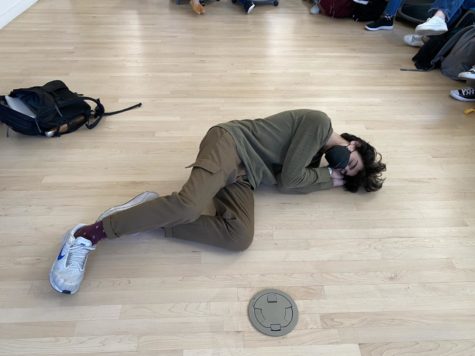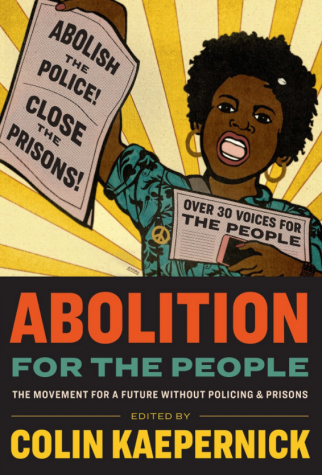The After Hours of After Hours: The Weeknd’s Dawn FM Review

In November 2019, Abel Makkonen Tesfaye, known to the world as the Weeknd, released what would become the biggest song of all time. The track reached number one just as quarantine began in March 2020, and dominated the charts for 90 weeks. Any lesser artist would be driven insane trying to match the success of “Blinding Lights.” But the Weeknd has made a valiant follow-up, Dawn FM, which came out last Friday. Dawn FM represents the culmination of Tesfaye’s shift from drugged-out R&B that first launched his career to sparkling synth-pop built for top-40 airplay. With Swedish superproducer Max Martin and indie electronic artist Oneohtrix Point Never, the Weeknd’s new album gestures towards the new wave of After Hours, his previous effort, and moves beyond it in exciting new ways. But will it be enough for Tesfaye to escape the legacy of his mega-smash?
The theme of the album, as referenced in the title, is listening to an easy listening station while driving through a tunnel. The album is meant to reflect the purgatory of the pandemic that all of us have experienced these past two years. The Weeknd’s friend Jim Carrey voices the radio host, guiding us through the album and lending it thematic cohesion that adds to the worldbuilding. The lyrics are still about Tesfaye’s favored subjects: drugs, women, and sex, usually in the club. But this time, he shows a bit of regret and shame for his excesses. He looks back on his actions. The Weeknd ruefully wishes for past loves with Tyler the Creator on “Here We Go… Again” and Lil Wayne on “I Heard You’re Married,” and reaches back to past trauma with Quincy Jones. This new lyrical sensibility provides a sense of direction that other Weeknd projects lacked.
As for the music, the Weeknd has crafted an appealing pop work that appeals to radio without pandering to its worst impulses. Hit single “Sacrifice,” produced by prior Weeknd collaborators Swedish House Mafia and Martin, is built on a guitar loop from Alicia Myers’ “I Want to Thank You.” It recalls early-80s synth-funk by the Gap Band and Michael Jackson. Album cuts “Out of Time” and “Here We Go… Again” are a 2022-reimagining of yacht rock ballads by the likes of Christopher Cross and the aforementioned Jackson, who has long inspired the Weeknd’s work. But unlike other 70s and 80s retro projects from last year like Silk Sonic (70s Philly soul) and John Mayer (80s soft rock), the production sounds fresh and exciting on these songs, looking out to the future rather than the past.
In 2022, understanding the album means understanding the accompanying videos and artwork. The Weeknd appears on the cover bloodshot and aged, looking like he has lived through the excesses described in his lyrics. It is almost as if the bandages from the After Hours promotional cycle have been torn off and this is what remains underneath. The videos, two of which have appeared so far, similarly diverge from the usual Weeknd formula. In “Sacrifice,” Tesfaye is surrounded by a cult with colorful lights rippling from his head. The surreal “Gasoline” clip features him in the club, encountering an older version of himself, which represents his reckoning with his own excesses. These clips, just like After Hours, widen the story of the new universe the Weeknd is entering.
Dawn FM is not a perfect album. There are some bits that could have been trimmed, most notably a lengthy interlude themed to a commercial for the afterlife in “Every Angel is Terrifying.” But these are minor issues. Overall, the Weeknd has made his best album to date, a work that is influenced by the realities of today but also by Tesfaye, OPN, Martin, and their collaborator’s unique sensibilities. The last full song on the album, “Less than Zero,” grapples not only with personal regret but also escaping the shadow of “Blinding Lights.” He asks to “meet in the middle” but the Weeknd understands that he’d “rather be free.” The album has failed to achieve the chart success of previous albums, debuting at a mere #2 on the Billboard 200. But, then again, he knows that from here on out, he’ll always be less than zero. 8/10









BcBlotterFan • Jan 19, 2022 at 7:30 am
Genius! I would love to hear a review on the Ye and Drake album from the summer. Keep it up!